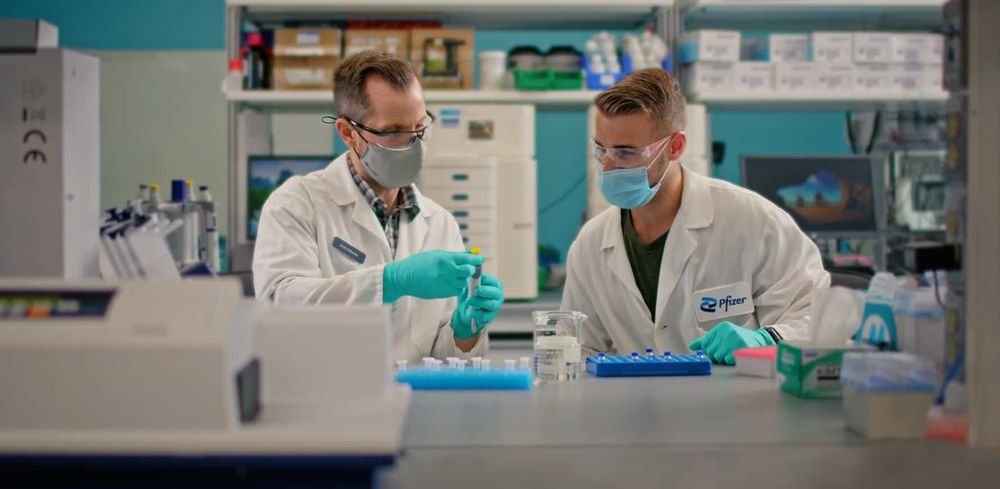Improving Patient Health Outcomes with Digital Technology
Smart technologies are changing the way we live our lives, from providing daily reminders (and inspiration) to measuring our physical activity to managing our grocery lists and so much more. At Pfizer, we are committed to exploring what is possible with smart technology to impact the course of disease and help improve patient outcomes.
In one example, smart technology is helping adult patients with chronic myelogenous leukemia improve clinically appropriate adherence to therapy. In June 2021, Pfizer introduced a Smart Pill Bottle pilot program for BOSULIF® (bosutinib). The smart pill bottle informs the patient’s pharmacy team if a dose has been missed, prompting them to follow up with the patient as appropriate. Currently, several specialty pharmacy providers in the U.S. are participating in this innovative program.

Smart pill bottles can help improve patient adherence to their medications.
Supporting patients in this way is important. A study in the Journal of Hematology Oncology Pharmacy notes that the “common assumption that adherence to oral anticancer agents would be higher, due to the severity of the disease, has been proven untrue,” and that non-adherence can have consequences for disease progression and outcomes.1
Pfizer Digital is proud to be on the leading edge of developing and utilizing smart technology that makes measurable differences in the lives of the patients we serve. We look forward to announcing additional ways we are expanding our digital offerings to improve the patient experience in 2022 and beyond.
Hansen LA. Impact of nonadherence to cancer therapy. J Hematol Oncol Pharm. 2012. Online First.


